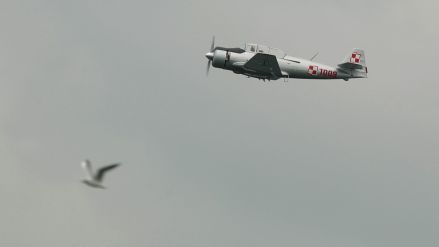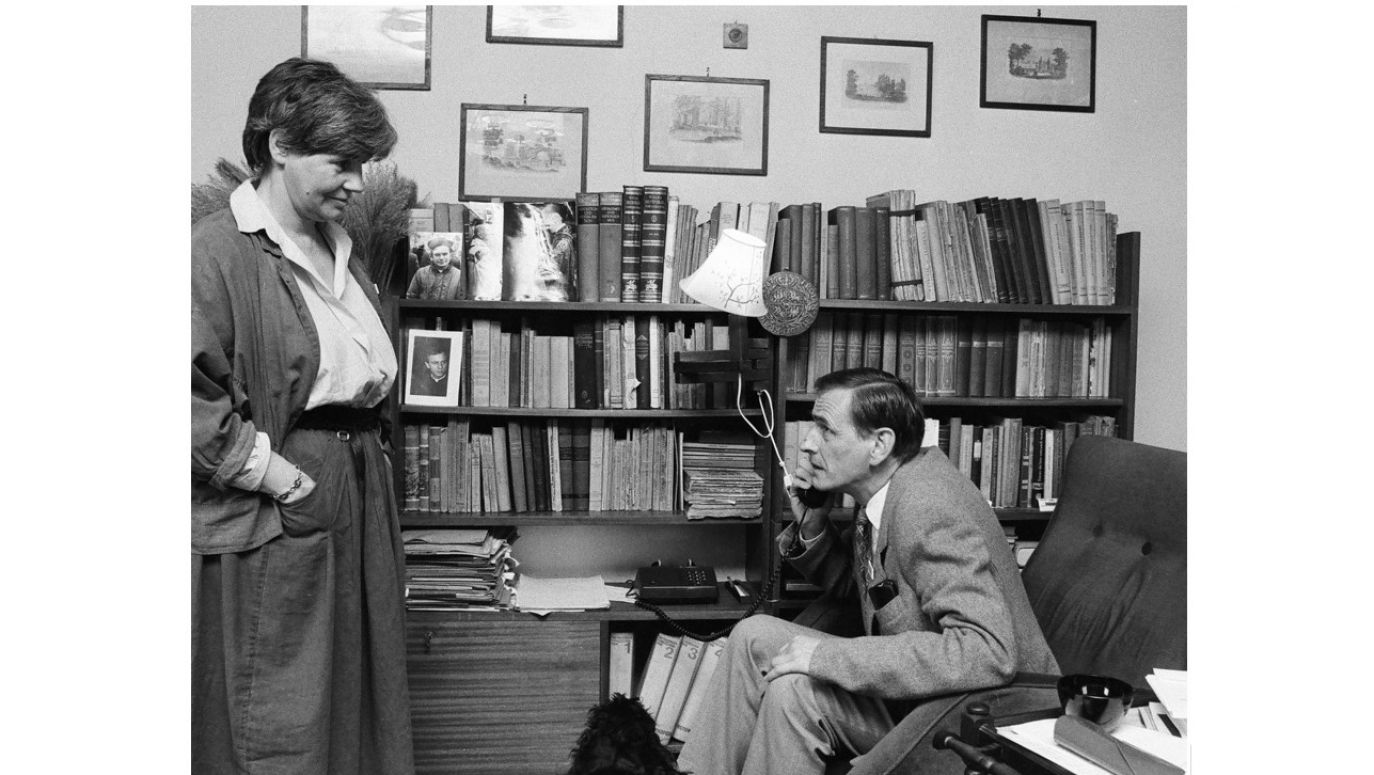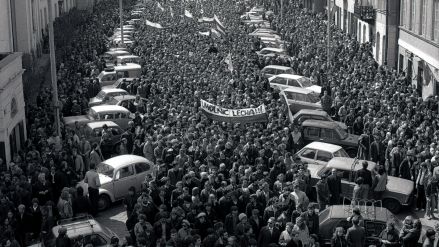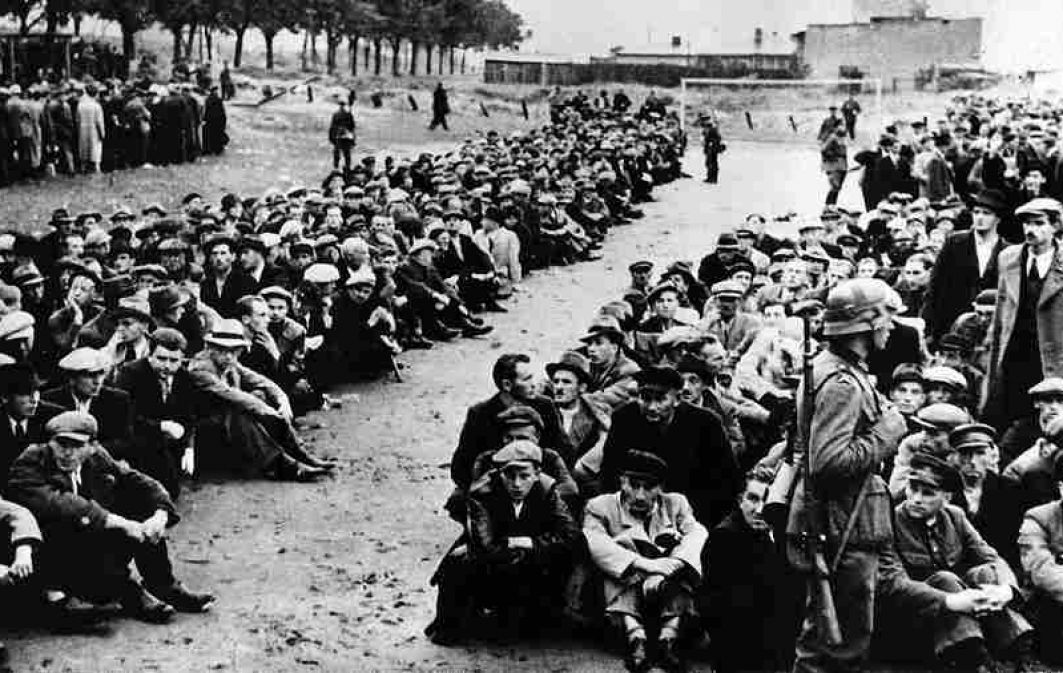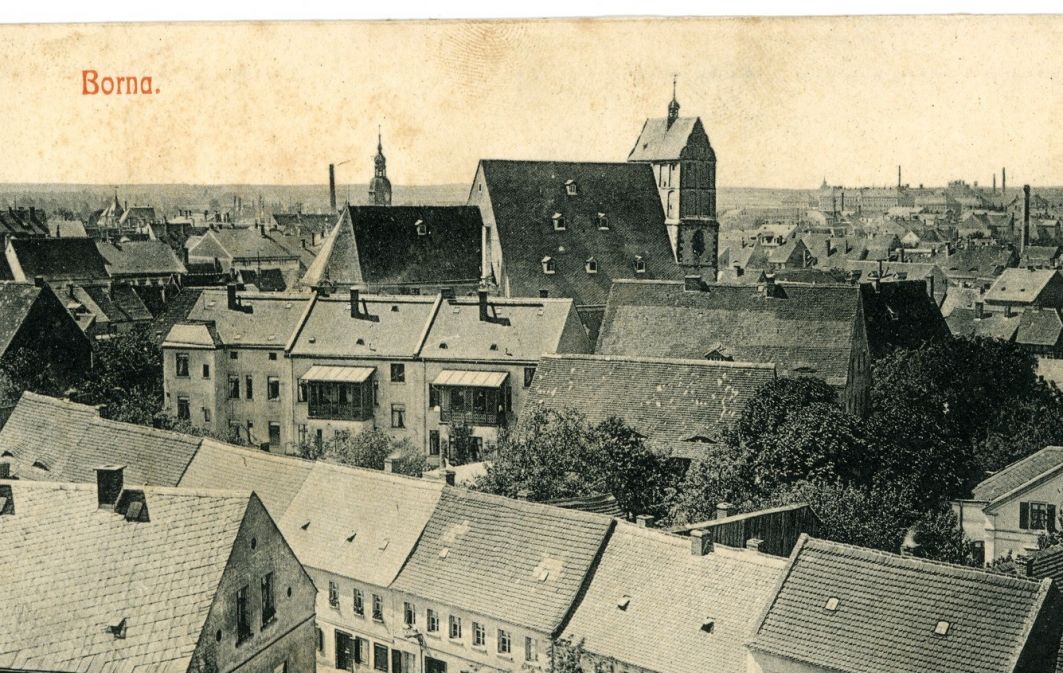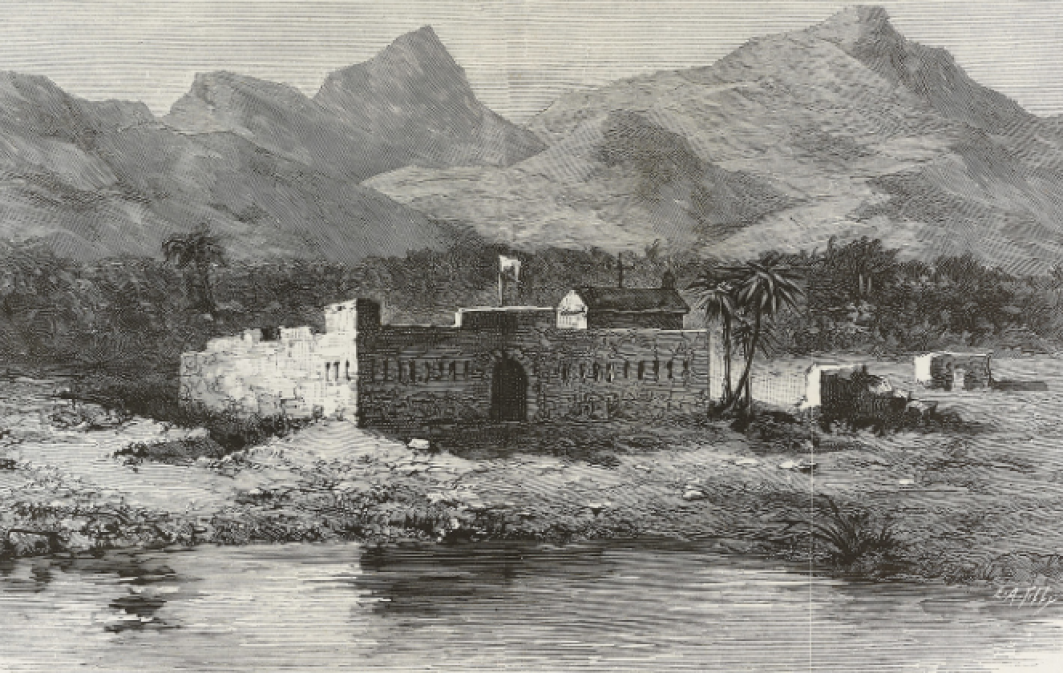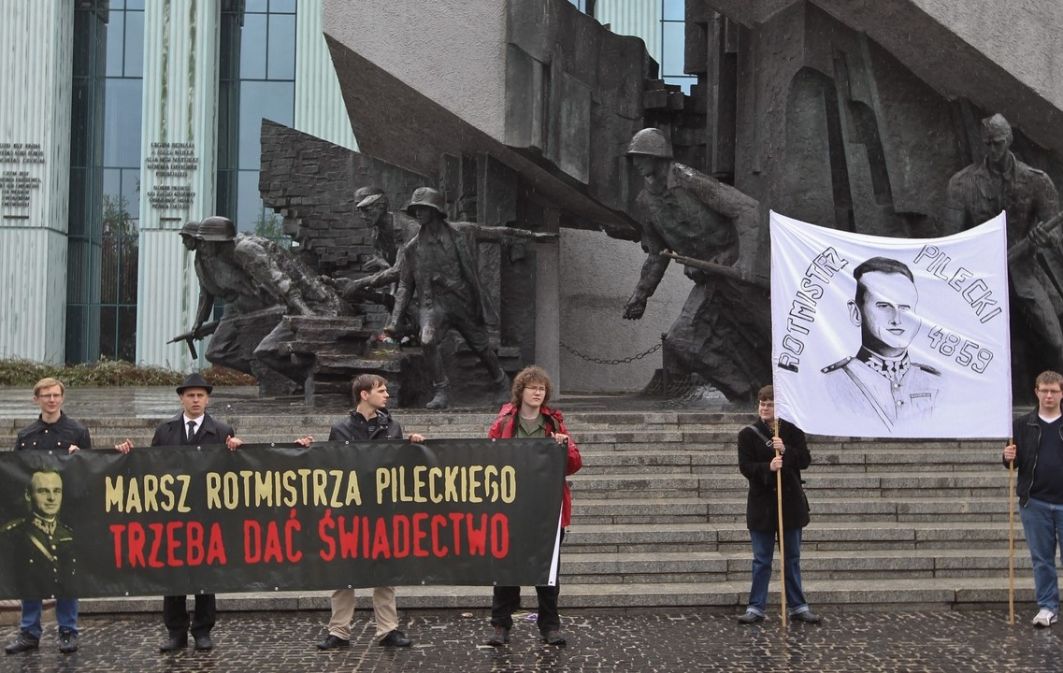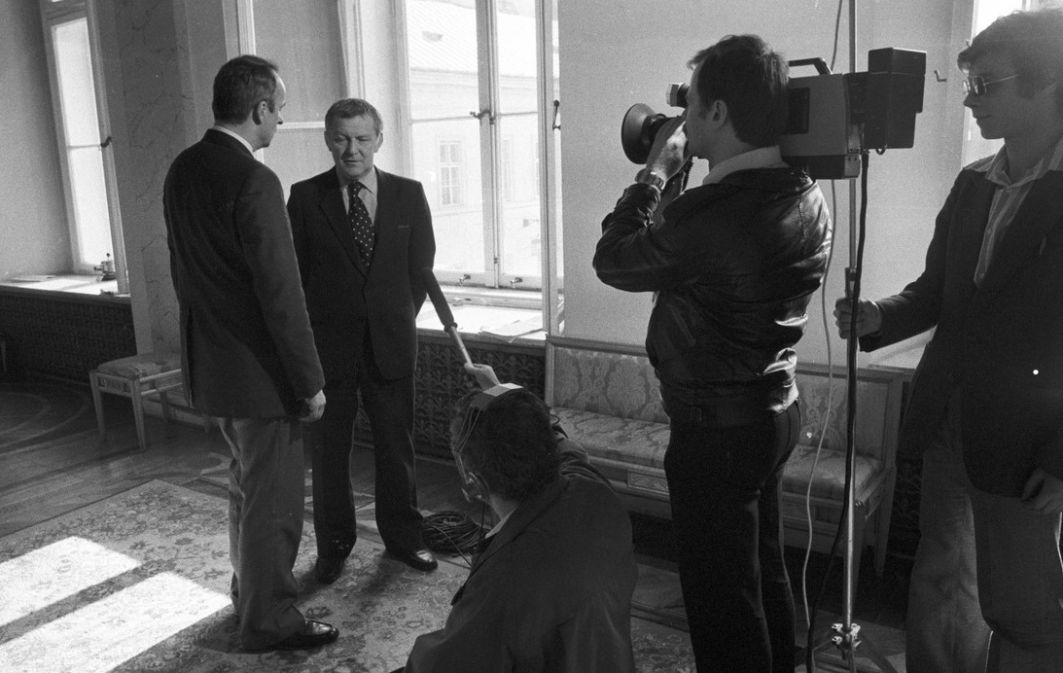After imposing martial law and particularly since the first radio broadcast (from April 12, 1982) emitted by the underground Radio Solidarność, Zbigniew and Zofia Romaszewski were among the most wanted people in Poland, sought after by Citizens’ Militia the and the Security Service. For several months – to no avail; however, 40 years ago – on July 5, 1982 they were struck by misfortune and they fell into the hands of officials. But the success of the latter was half-and-half.
As it was stated on air at Radio Free Europe: “The chief of security is rubbing his hands. A medal is in the air. It didn’t succeed to catch the husband, at least he’s got his wife”. And it was commented on, not without sarcasm: “It’s a dangerous family. It threatens the empire stretching from Vladivostok to Erfurt, armed with nuclear weapons, missiles, tanks, hundreds of divisions. The Warsaw agency of the Soviet KGB put out an APB on Zbigniew Romaszewski and his wife Zofia – they were placed high on the list”.
By the way, there was nothing unusual about it, as by no means did the guilt of the two restrict to the gloomy martial law era. They engaged in “plotting” against socialism several years earlier, in the Workers’ Defense Committee [Komitet Obrony Robotników – KOR], mostly in the framework of the Intervention Bureau they led. Let’s give the floor once again to RFE: “A young physicist, Zbigniew Romaszewski, committed a crime […] after the court-police revenge against workers from Radom, he dared together with his wife, to set up, as an annex to the KOR, the Intervention Bureau to defend the persecuted and arrested. This insult calls for justice”.
 SIGN UP TO OUR PAGE
SIGN UP TO OUR PAGE

One may ask where the interest of the Soviet security – KGB came from? Behold, in his oppositionist activity Romaszewski didn’t limit himself to the Polish People’s Republic [Polska Rzeczpospolita Ludowa – PRL] – in January 1979, in Moscow, he met with a top Soviet dissident, Andriy Sakharov, which couldn’t escape the attention of the secret service. As it was ironically commented on air at RFE: “Perhaps they were cooking up something against global peace. Who knows, if didn’t intend to sell the USSR to China”.
Naturally after the creation of “Solidarity” in September 1981 the spouses engaged in its works. Zbigniew, inter alia, participated in the historic First Convention of Solidarity Delegates, during which, as a matter of fact (in October 1981) he was elected to the National Commission.
In connection with imposing martial law on the night of December 12-13, 1981 Zbigniew as well Zofia were to be interned. However, they both managed to avoid this dubious pleasure. Zbigniew was staying in Gdańsk where he participated in a meeting of the National Commission, which took place on December, 11-12, 1981 and ended shortly before midnight. The plan was to arrest him there, but in the last moment he opted not to spend the night in Tricity, but to return to the capital – if it hadn’t been for that he would have shared the vicissitude of other National Commission activists (within the framework of the “Mewa” secret operation) who were interned in Gdańsk and Sopot hotels. That the martial law had been imposed he learnt from “Solidarity” counselors whom he met on a train to Warsaw, in view of which he decided to hide and begin his activity in the underground.
Security officers came also for Zofia Romaszewska whom however they didn’t find at home – instead, they decided to intern their daughter Agnieszka who, in turn, was a member of the Independent Students’ Association… Meanwhile, Zofia was in hiding – as was her spouse, with whom, by the way, she quickly made contact and together they joined the organization of the underground Radio Solidarity, of which she became an announcer.
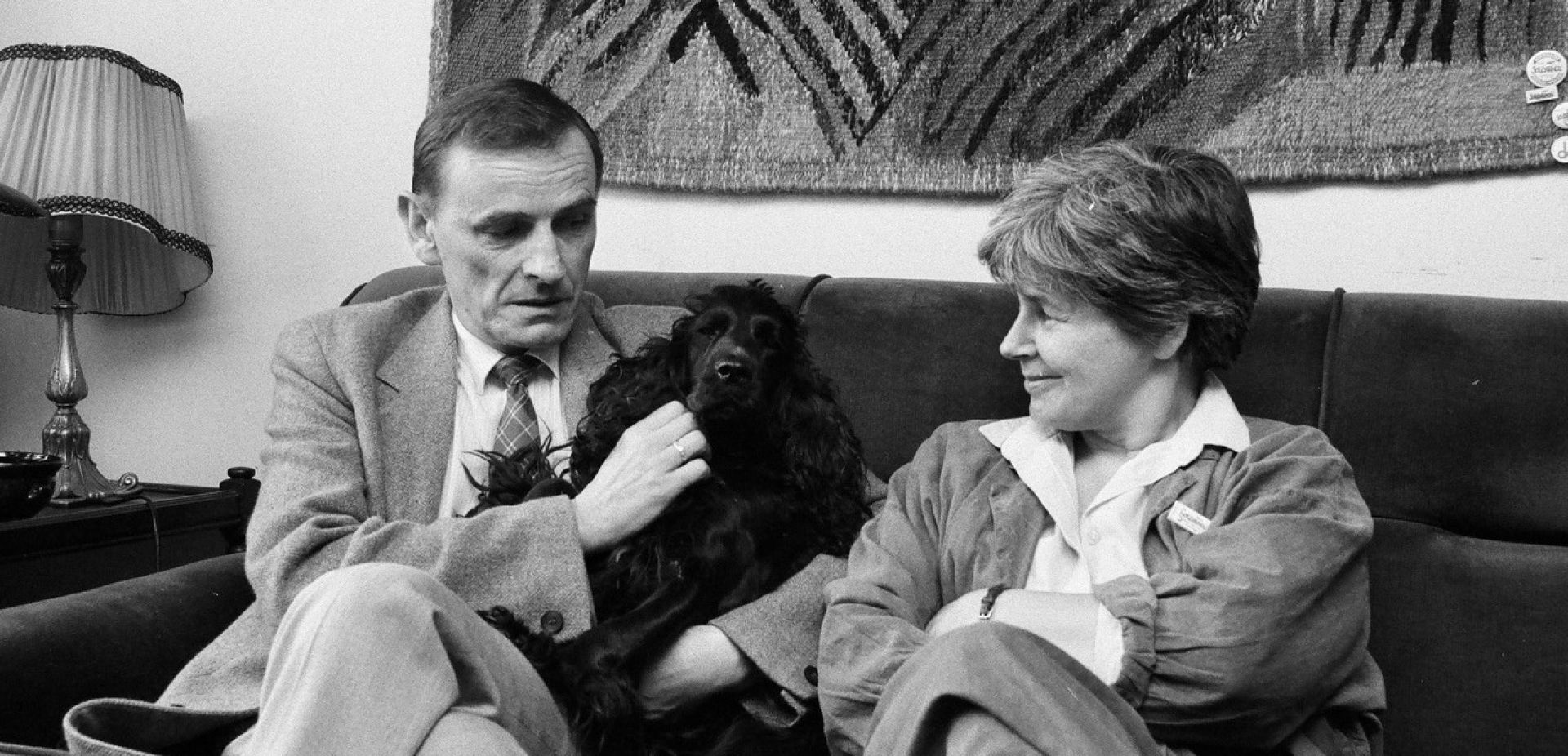
 SIGN UP TO OUR PAGE
SIGN UP TO OUR PAGE
 One may ask where the interest of the Soviet security – KGB came from? Behold, in his oppositionist activity Romaszewski didn’t limit himself to the Polish People’s Republic [Polska Rzeczpospolita Ludowa – PRL] – in January 1979, in Moscow, he met with a top Soviet dissident, Andriy Sakharov, which couldn’t escape the attention of the secret service. As it was ironically commented on air at RFE: “Perhaps they were cooking up something against global peace. Who knows, if didn’t intend to sell the USSR to China”.
One may ask where the interest of the Soviet security – KGB came from? Behold, in his oppositionist activity Romaszewski didn’t limit himself to the Polish People’s Republic [Polska Rzeczpospolita Ludowa – PRL] – in January 1979, in Moscow, he met with a top Soviet dissident, Andriy Sakharov, which couldn’t escape the attention of the secret service. As it was ironically commented on air at RFE: “Perhaps they were cooking up something against global peace. Who knows, if didn’t intend to sell the USSR to China”.